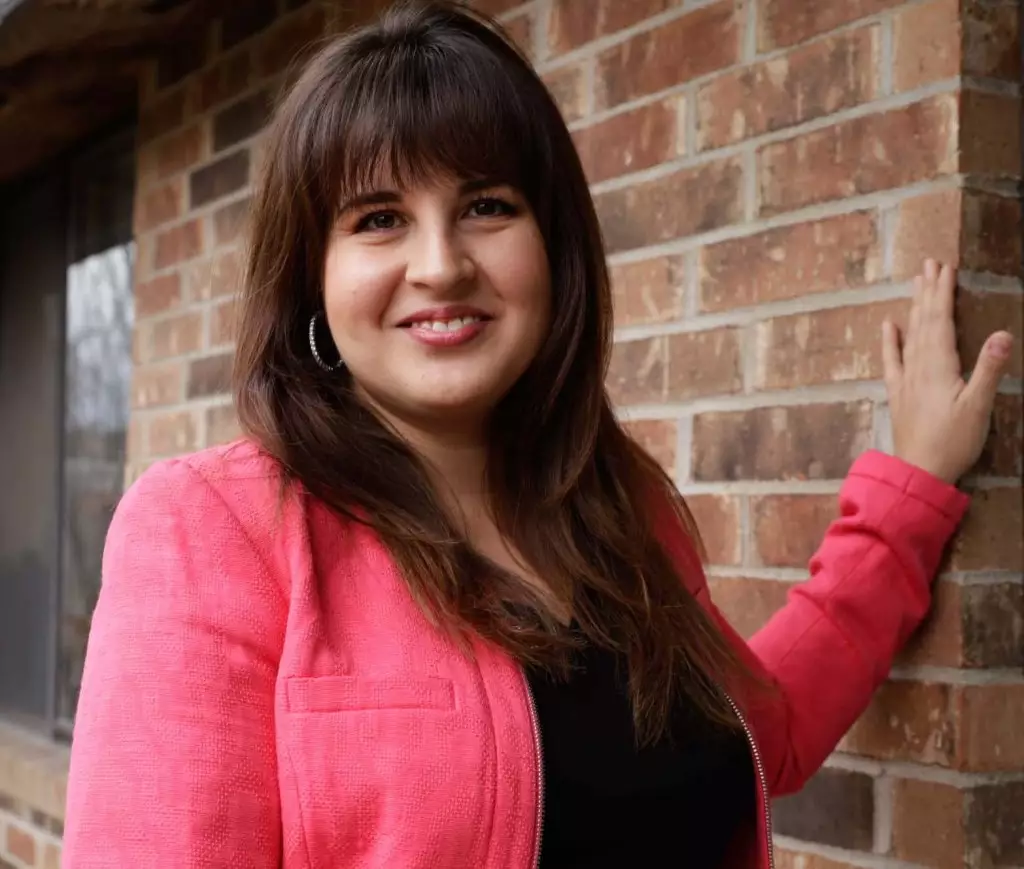Andrea Luque Káram’s recent appointment as executive director of Ragtag Film Society marks a significant milestone for Columbia, MO’s cultural landscape. This nonprofit organization is renowned for hosting the acclaimed True/False documentary festival and operating Ragtag Cinema, an integral part of the community. Káram, who has previously served as the managing director of the Mizzou New Music Initiative at the University of Missouri, brings with her a wealth of experience. Her academic credentials are equally impressive, boasting a Ph.D. in Arts Administration, Education, and Policy from The Ohio State University. Her official start date is set for April 25, a symbolic fresh beginning not just for her but for the organization she is set to lead.
Káram’s arrival is not just about filling a position; it’s about reenergizing Ragtag Film Society’s mission and amplifying its role as a creative hub within the community. This change in leadership is an opportunity to assess and enhance the connectivity between arts and community engagement—areas in which Káram has demonstrated profound passion and expertise. The tagline, “A wealth of experience and a passion for community engagement,” reflects not only the organization’s admiration for her but also hints at the broader expectations for her tenure.
Transforming Community Connection through Art
One of the standout comments from the Ragtag Film Society’s announcement highlights Káram’s commitment to expanding public access to the arts. This aligns with a broader critique of how many arts organizations operate; too often, they cater to a niche audience, inadvertently alienating segments of the community. Káram’s vision appears to challenge these norms. She plans to sharpen the focus on building stronger community connections, a strategy that could redefine how Ragtag positions itself both in Columbia and in the broader cultural dialogue.
With increasing emphasis on inclusivity and engagement, Káram’s tenure promises to challenge the status quo. The mission of enhancing cinematic experiences—allowing films to inspire, challenge, and engage—is more necessary now than it has ever been. This objective isn’t merely administrative; it speaks to a pressing need in today’s arts landscape for narratives that resonate with diverse audiences. Yet, the real challenge lies in realizing this vision amidst a rapidly changing cultural environment.
A New Chapter: Aligning Strategies and Values
Káram’s strategic planning will need to prioritize funding and sustainability—two critical components for any nonprofit entity. In her statement, she clearly articulates an excitement for the work ahead and a commitment to the values of integrity, playfulness, inclusivity, and sustainability. Advocating for these pillars is paramount if Ragtag is to thrive under her leadership.
It’s refreshing to see the alignment of Káram’s academic background with her current role; her education in arts administration equips her with a nuanced understanding of navigating organizational challenges. Káram’s approach suggests that she not only aims to sustain Ragtag’s established programs but will likely seek to innovate new offerings that reflect the community’s evolving needs. The arts must adapt or risk stagnation, and Káram appears attuned to this reality.
Collaborative Spirit: Building on Existing Foundations
Káram steps into leadership after a notable interim team led by Chloé Trayner, Grace Piontek, and Emily Edwards. The continuity in their roles indicates a balanced approach to leadership transition, allowing for Káram to leverage existing knowledge and relationships while infusing fresh ideas and direction. By acknowledging the hard work of the interim leadership, Ragtag sets a tone of collaboration—a hallmark of successful organizations.
This collaboration is essential for Ragtag to not merely survive but to thrive. As Káram engages with the administrative team and broader community stakeholders, the ability to weave in diverse perspectives will be critical. Leadership is often about collaboration, and this diverse team dynamic can create fertile ground for innovative programming that resonates with more people than ever before.
In embracing her new role, Andrea Luque Káram is not just taking the helm of an organization; she is navigating toward a future where community and creativity collide, fostering connections that deepen the impact of the arts. As she embarks on this journey, her success could very well redefine what it means to engage in the arts for communities everywhere.

